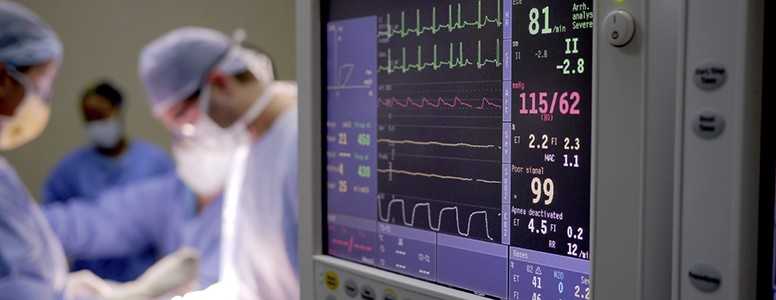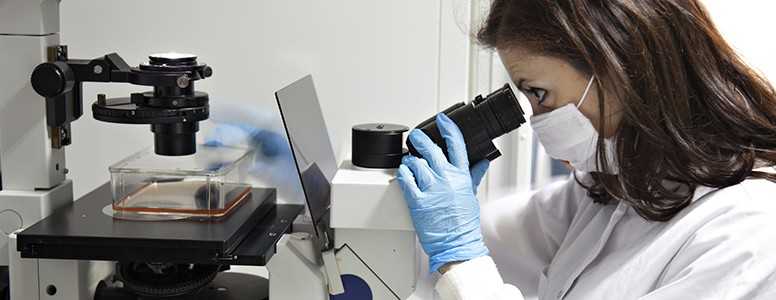Patients with type 1 diabetes that have poor blood glucose control before CABG surgery are more likely to die or suffer a major adverse coronary event (MACE), a new study finds.
A coronary artery bypass graft (CABG) is a procedure to treat coronary heart disease, which is a complication that can affect people with diabetes who have not properly managed their condition.
A study conducted by the Karolinska Institute, Sweden followed 764 patients with type 1 diabetes who had enrolled in the Swedish National Diabetes Register. They underwent CABG surgery in Sweden between 1997 and 2012.
The risk of death or MACE was doubled among those with preoperative HbA1c levels over 10 per cent (85.8 mmol/mol) compared to those with levels of 7.0 per cent (53 mmol/mol).
Researchers observed the relationship between preoperative HbA1c and the risk of death or MACE was significant at levels between 7.1 per cent (54.1 mmol/mol) and 8.0 per cent (63.9).
44 per cent of patients either died or experienced a MACE during follow-up, and senior author Dr. Ulrik Sartipy told Medscape: “Glycemic control is important in patients with type 1 diabetes and coronary artery disease because elevated HbA1c is a risk marker for long-term prognosis.
“Patients who undergo CABG in whom elevated HbA1c is discovered need to be followed closely because they are at increased risk for death or major adverse cardiovascular events, including MI, heart failure, stroke, or repeat revascularizatio,” Sartipy added.
Those who had good glycemic control prior to CABG surgery had a reduced risk of death or MACE, and the researchers advised that patients scheduled for this surgery maintain good control of blood glucose levels beforehand.
What's new on the forum? ⭐️
Get our free newsletters
Stay up to date with the latest news, research and breakthroughs.







